Profiles: Top Hezbollah leaders martyred on the path to al-Quds since Oct. 7
By Press TV Website Staff
Hezbollah Secretary-General Sayyed Hassan Nasrallah is the top Lebanese resistance leader to be assassinated by the Israeli regime since the launch of Operation Al-Aqsa Flood last October.
The charismatic leader of the Hezbollah resistance movement was assassinated in a deadly attack targeting residential buildings in the southern suburb of Beirut on Friday.
The Lebanese resistance movement confirmed his assassination in a statement on Saturday, which drew widespread condemnation across the world.
Before Nasrallah, many other high-ranking Hezbollah commanders were also assassinated in recent months on the path to al-Quds by the Israeli apartheid regime.
Ibrahim Aqil (September 20):
Israeli fighter jets targeted a residential area in the southern suburbs of Beirut on September 20, assassinating one of the top-ranking commanders of the Hezbollah resistance movement.
Ibrahim Aqil, a high-profile Hezbollah leader was born on December 24, 1962, in Bednayel, a settlement in the Baalbek district of the Beqaa Valley in northeastern Lebanon.
In the early 1980s, he was one of the founders of the Islamic movement in Beirut. Following the invasion of Lebanon by the Israeli regime in 1982, Aqil spearheaded numerous heroic battles and operations against the occupying entity that ultimately resulted in its disgraceful defeat and withdrawal.
He took charge of Hezbollah's central training in the early 1990s, playing a pivotal role in developing the resistance’s human resources. After that, he was appointed chief of staff for the Islamic Resistance.
From 1997 until the final war victory in 2000, he led several significant operations in Jabal Amel, a region from the Hula Valley to the Mediterranean Sea in southern Lebanon.
In 2006, he played a prominent role in the war against the Israeli regime, from which Hezbollah again emerged victorious after a month of fierce fighting.
In 2008, he founded the Radwan Force, a unit named after the celebrated Hezbollah commander Imad Mughniyeh and derived from Hezbollah's earlier special forces.
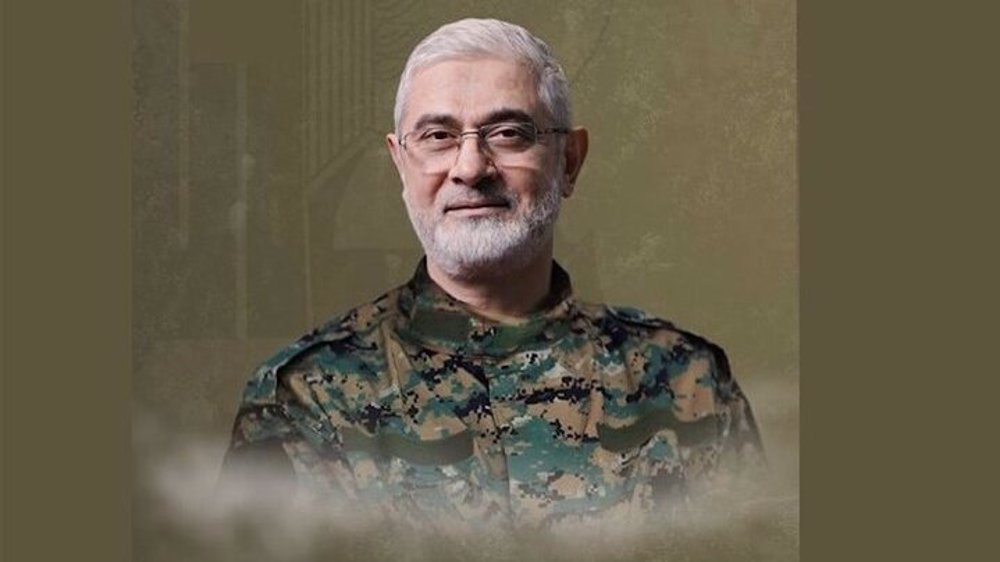
Ahmad Mahmoud Wehbe (September 20):
In the same attack that led to the assassination of Aqil, the Israeli regime also assassinated senior Hezbollah commander Ahmad Mahmoud Wehbe alias ‘Hajj Abu Hussein Samir’.
Wehbe was born in the southern Lebanese village of Adloun in 1964 and joined the resistance front in Lebanon when it came into being, playing a key role in the operations against the Israeli regime.
In 1984, he was captured by the Israeli occupation but that did not dampen his spirit. In 1997, Wehbe was at the forefront as a field commander in the Ansariya ambush.
The slain commander also held several high-profile leadership positions in Hezbollah's central training unit until 2007, when he was appointed in charge of military training in the Radwan Force.
He was also one of the main resistance leaders who took on extremist terrorist groups on Lebanon's eastern border and across many Syrian provinces.
Before his martyrdom, he played a key role in the Radwan Force’s military operations alongside Aqil.
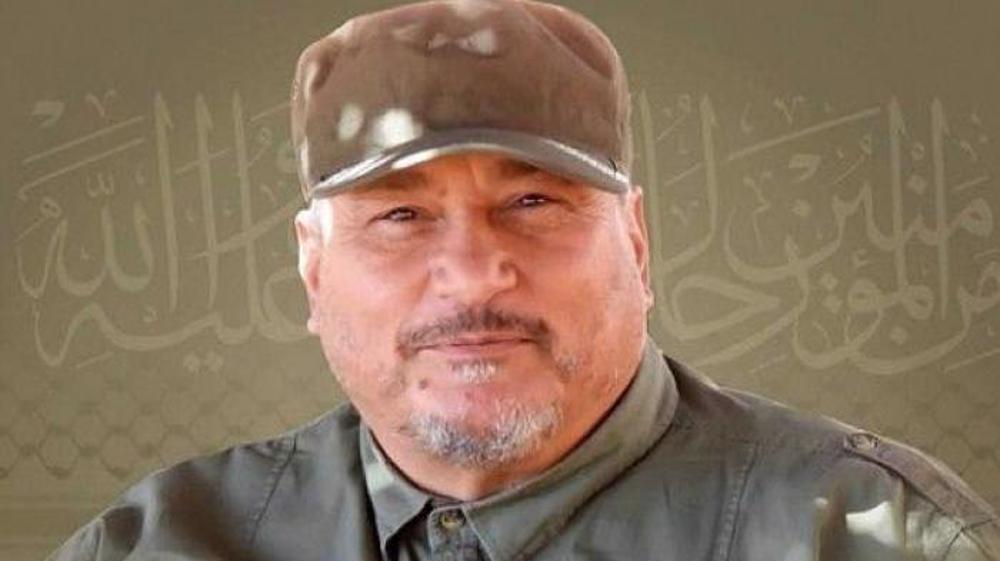
Fuad Shukr (July 30):
A top-ranking Hezbollah military commander, Fuad Shukr was assassinated in an Israeli airstrike on July 30 in the suburbs of southern Beirut, becoming the first high-profile resistance leader to be martyred since the events of October 7 last year.
The airstrike targeted a building in a congested neighborhood of Haret Hreik. His martyrdom was confirmed by the Lebanese resistance movement a day later after sifting through the rubble.
Shukr was a high-value target for the Israeli occupation regime and its Western allies. In 2019, the US government offered a $5 million reward for information leading to his capture.
In its statement, Hezbollah hailed the slain military commander as "a distinctive force for resistance."
Born on April 25, 1961, in Nabatieh in Baalbek, eastern Lebanon, Shukr was also known by the alias "al-Hajj Mohsen." He was one of the top-ranking military strategists of Hezbollah.
He had the distinction of being among the founders of Hezbollah after an Israeli invasion of Lebanon in 1982 and served as a military advisor to the movement leader Sayyed Hassan Nasrallah.
He was also a close friend of Hezbollah's former military commander Imad Mughniyeh, who was assassinated by the Israeli military in February 2008 in Syria.
The slain commander played a key role on the battlefield during the Israeli invasion of Lebanon in the early 1980s and was wounded in clashes with the regime forces in Khalde in 1982.
He rose through the ranks to become Hezbollah's first central military commander, overseeing the planning and execution of operations against Israeli occupation forces through the 1990s.
Shukr served on the group's central leadership council and led the movement’s operations against the apartheid regime in the aftermath of Operation Al-Aqsa Storm in October 2023.
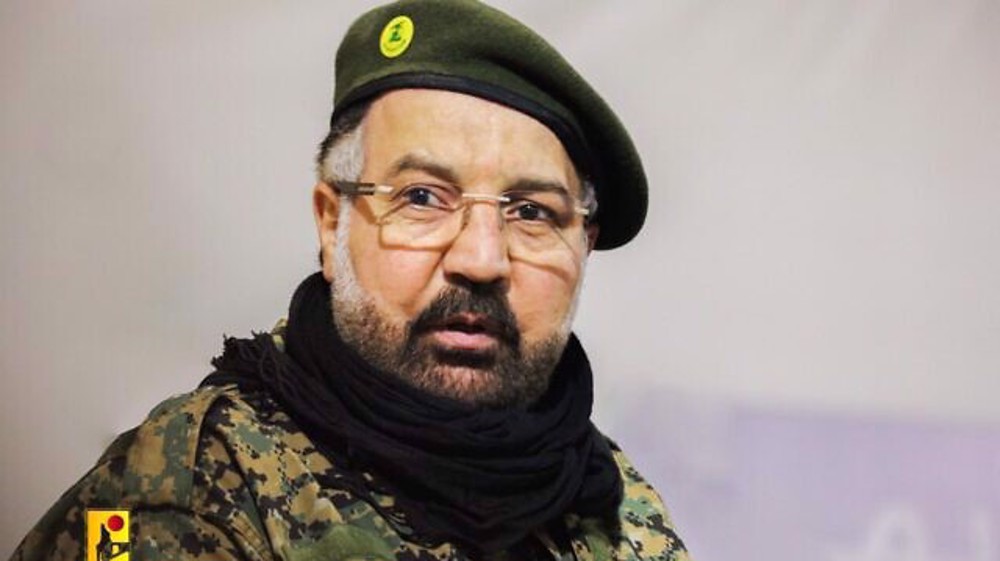
Mohammad Nehme Nasser (July 3):
Mohammad Nehme Nasser, alias ‘Hajj Abu Nehme’ was one of the most prominent Hezbollah commanders, who was assassinated by the Israeli occupation in Tyre on July 3.
Born on May 6, 1965, in the southern Lebanese town of Hadatha, he was among the first fighters to join the Islamic Resistance in Lebanon in 1986 when he was still in his early 20s.
He took an active part in several important military operations against the Zionist entity to liberate the occupied Lebanese towns and villages during the invasion of Lebanon.
In one such operation, he spearheaded an infiltration attack on the Israeli military site in Beit Yahoun, a village that neighbors Hadatha near Beit Jbeil.
According to a statement by Hezbollah's military media unit, he was injured many times in operations to throw out Israeli regime forces from Lebanon, which was finally achieved on May 25, 2000, ending nearly 18 years of Israeli occupation.
In 2016, Nasser became the commander of one of Hezbollah's territorial units named the Aaziz unit.
During his resistance career spanning 40 years, he was recognized for his battlefield heroics. He continued those heroics since October 7, 2023, as well, leading and overseeing many operations.
On July 3, 2024, he was assassinated with his aide in the al-Haouch area in southwest Tyre.
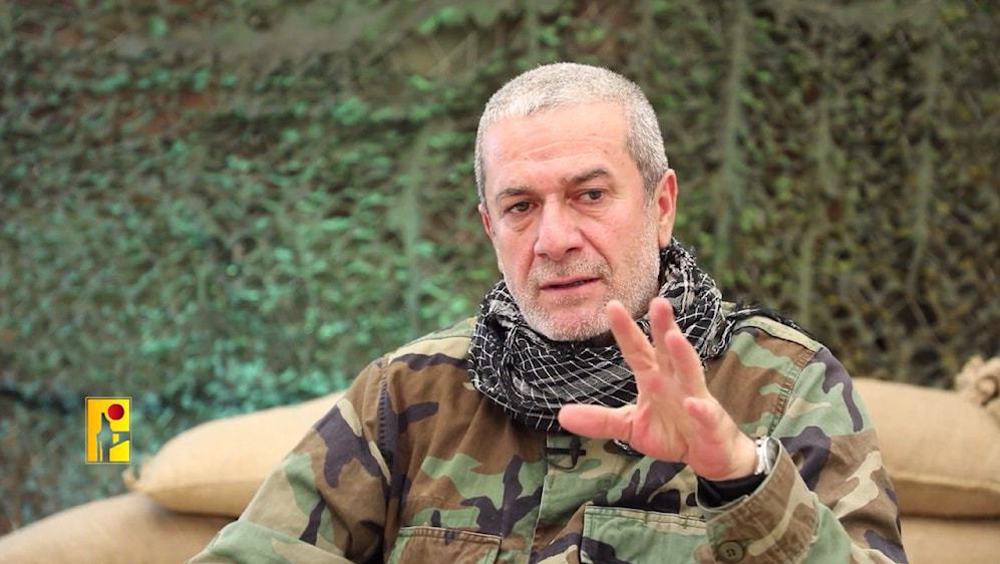
Taleb Sami Abdallah (June 12):
Taleb Sami Abdallah alias ‘Abu Talib’ was assassinated on June 12 while carrying out his duties as a senior Hezbollah commander against the Israeli occupation forces.
Abu Talib was born in the town of Adchit in southern Lebanon on March 20, 1969. He joined the ranks of the Lebanese resistance in 1984 and had the distinction of being among those fighters who defended Muslims in Bosnia between 1992 and 1994.
A seasoned commander, Abu Talib played a key role in the resistance against Israeli occupation of south Lebanon, which proved instrumental in the liberation of Lebanese territories in May 2000.
During the Israeli war on Lebanon in July 2006, he led heroic battles in Maroun al-Ras, Bint Jbeil, and the Liberation Square, the juncture point between Maroun al-Ras, Bint Jbeil, Ainata, and Aitaroun, according to a statement issued by Hezbollah.
During Operation Al-Aqsa Flood, Abu Talib was active on the frontlines, overseeing operations against Israeli military installations, and deployment sites in the eastern part of the Lebanese-Palestinian border, extending to the occupied Syrian Golan.
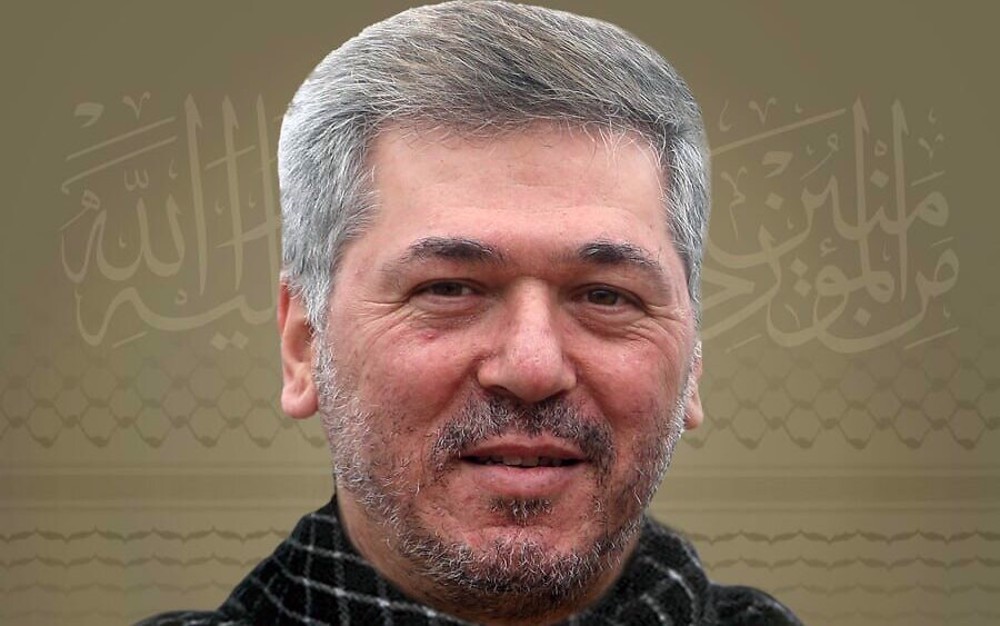
Wissam Hassan Tawil (January 8):
Wissam Hassan Tawil, hailing from the town of Khirbet Selem in southern Lebanon, was martyred in the line of duty by the Israeli occupation forces on January 8, becoming the first high-profile Hezbollah commander to be martyred since October 7, 2023.
In a statement published by Hezbollah following his assassination, several photos showed him alongside prominent resistance leaders, including Sayyed Hassan Nasrallah, Imad Moghniyeh, Mostafa Badreddine and Qassem Soleimani.
He rose through the ranks of the Lebanese resistance movement to become one of its celebrated commanders who ultimately achieved his goal of martyrdom on the path of Al-Quds.
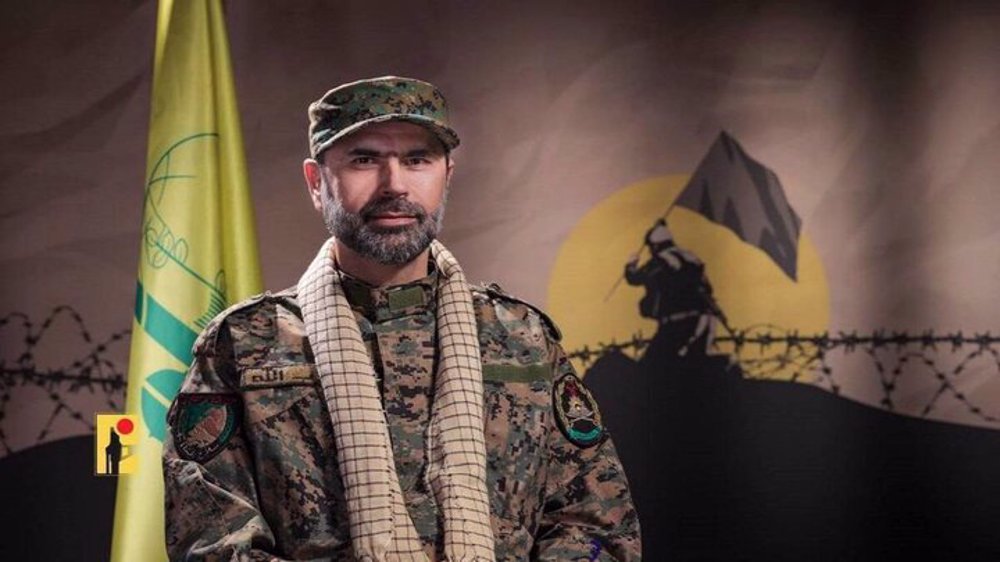
VIDEO | Iranian family mourns father killed in foreign-backed violence
VIDEO | Pakistan observes Kashmir Solidarity Day
VIDEO | Cultural exhibition in India marks 47 years of Iran’s Islamic Revolution
VIDEO | Pakistan pushes indigenous defense industry as global buyers seek alternatives
VIDEO | Al-Shifa receives martyrs' bodies amid organ theft worries
VIDEO | Healthcare on the brink: Palestinian hospitals face shortage of medical supplies
Rights group accuses EU of complicity in Israeli genocide in Gaza
Yemen’s leader calls for million-strong rally on Friday


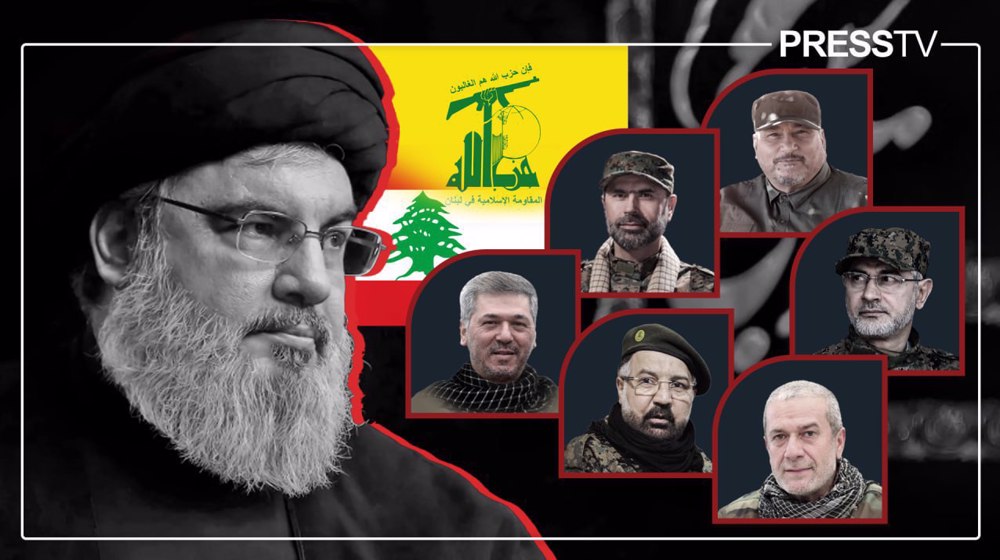
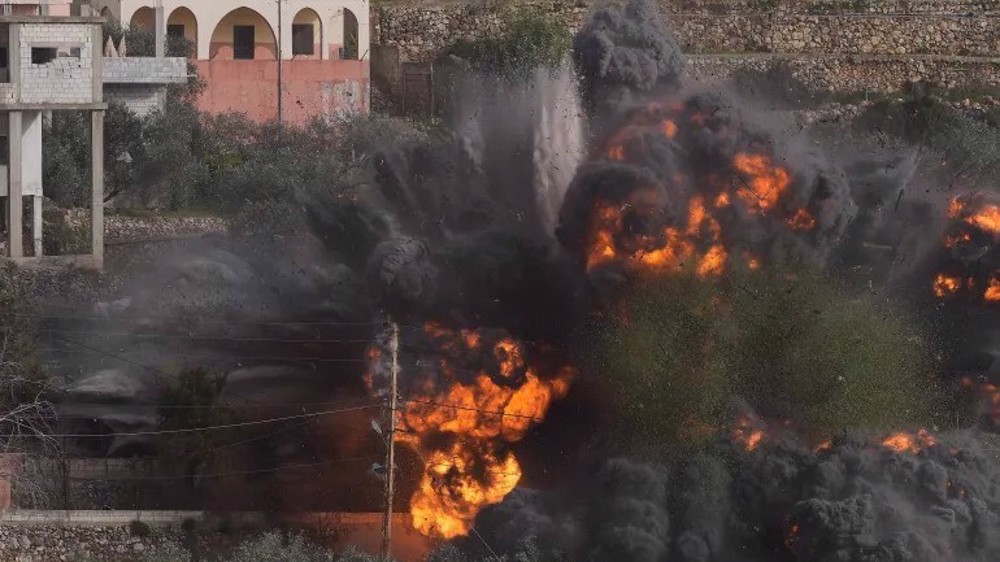
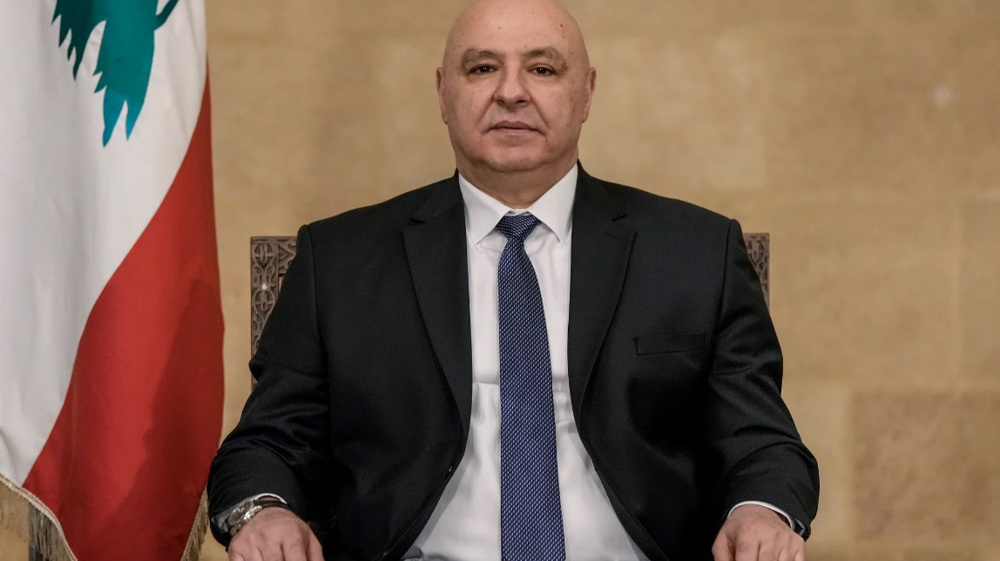
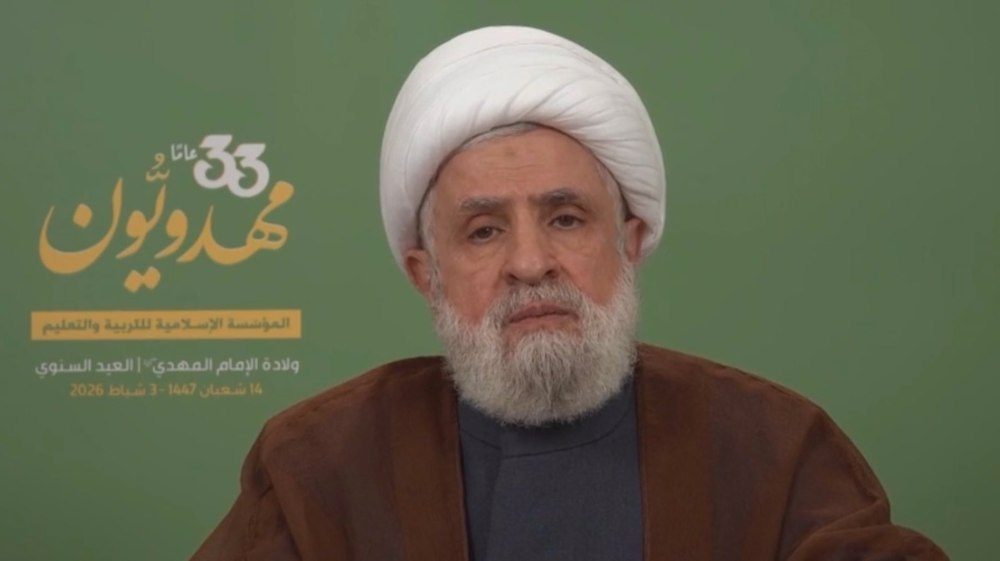



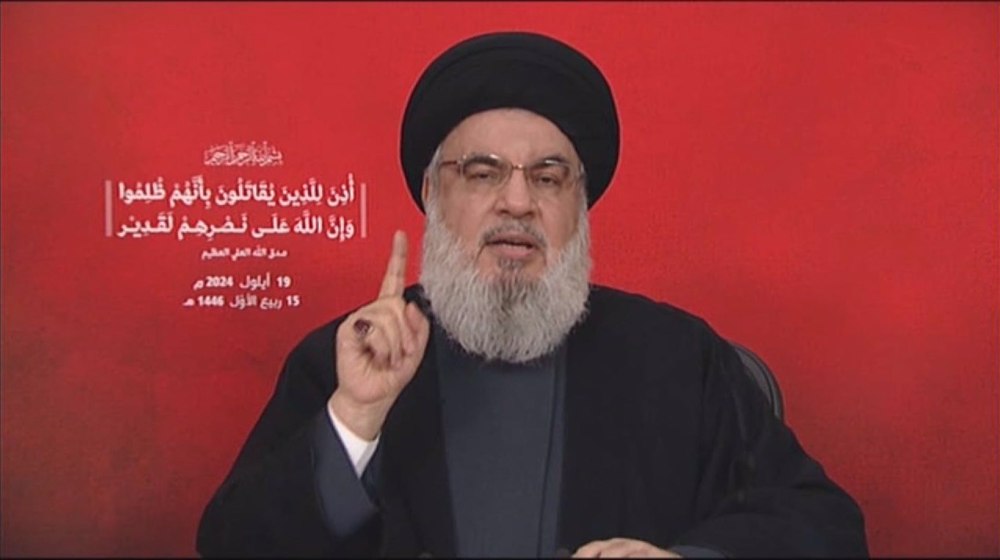
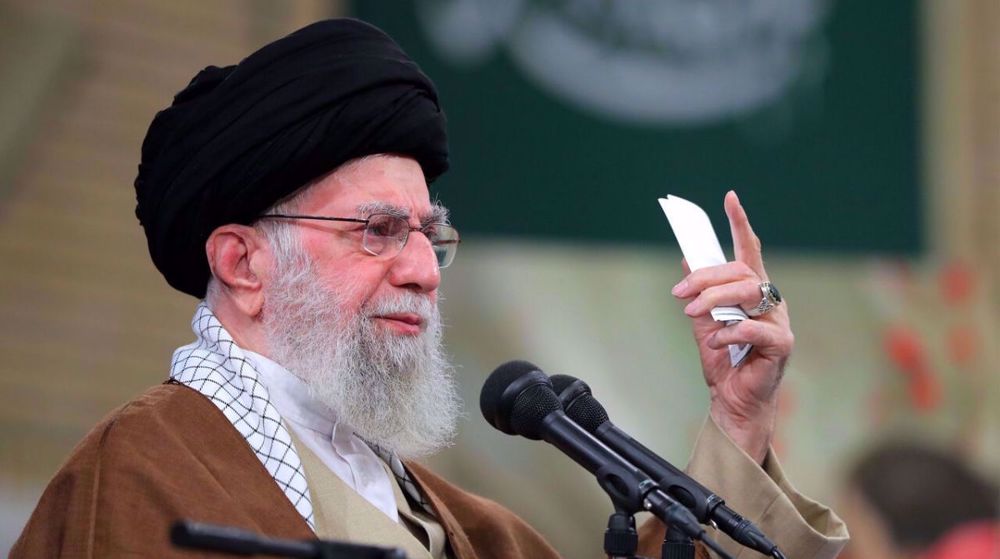
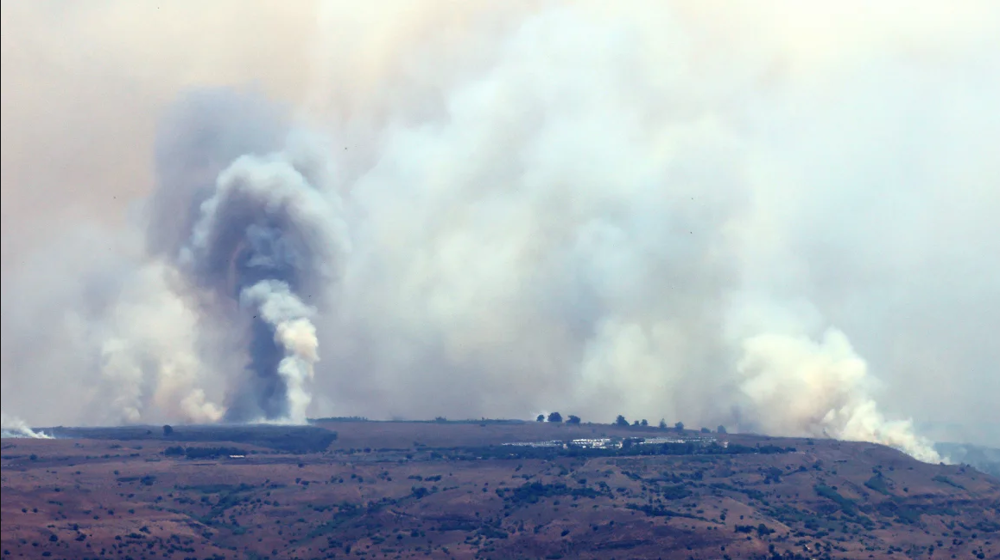
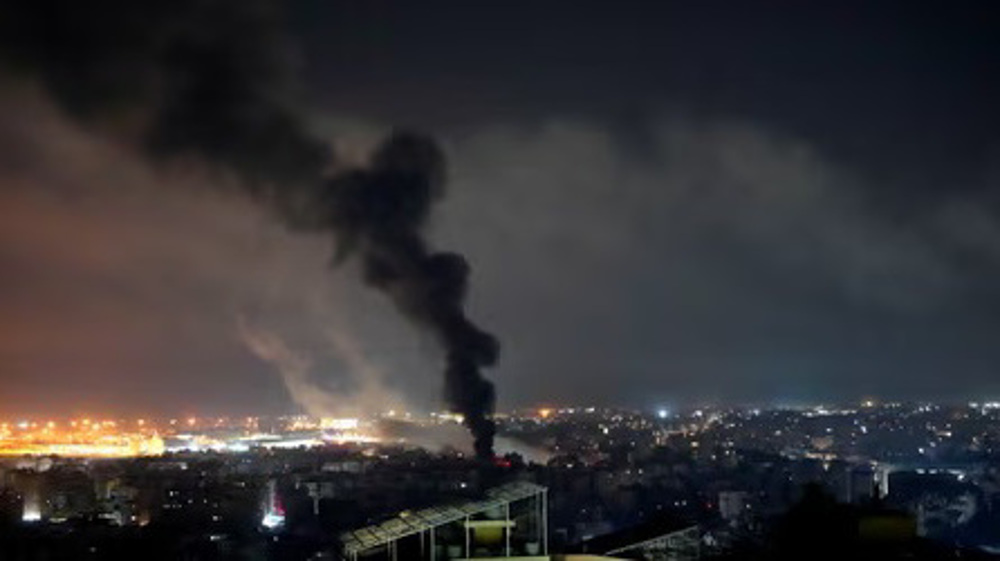
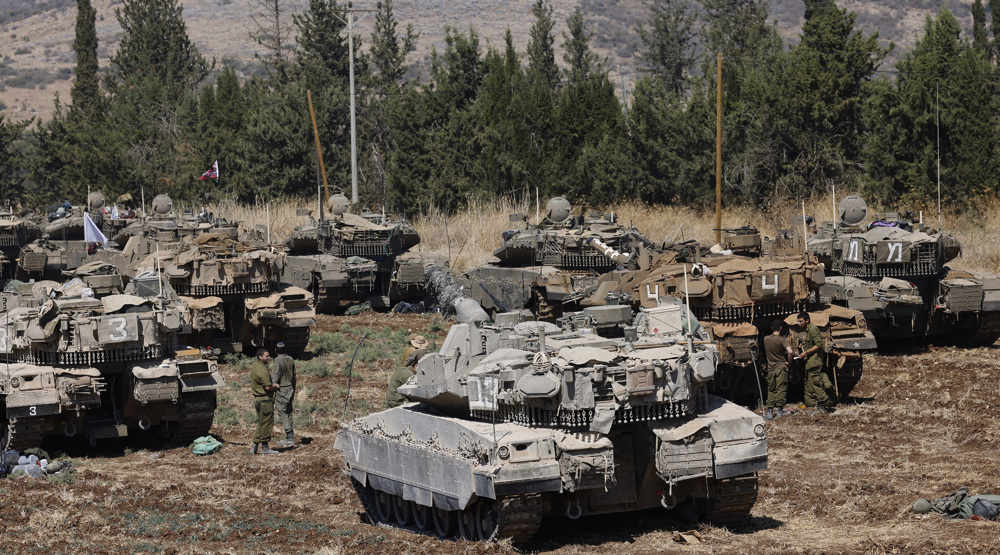

 This makes it easy to access the Press TV website
This makes it easy to access the Press TV website